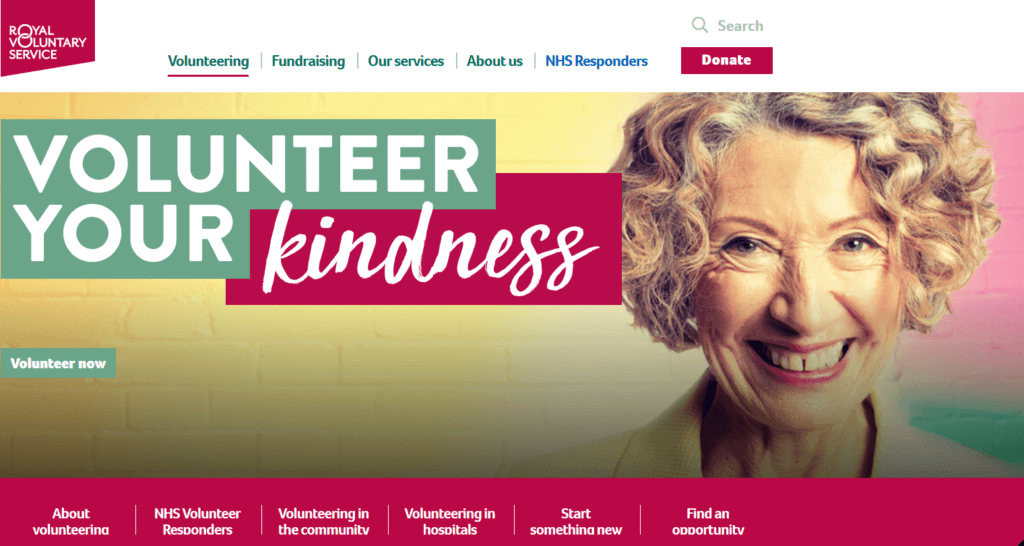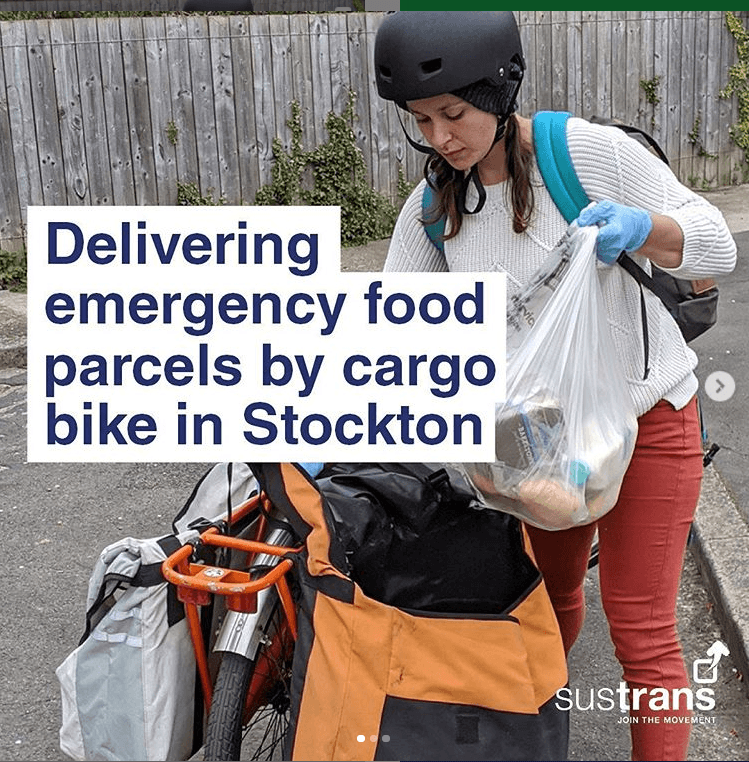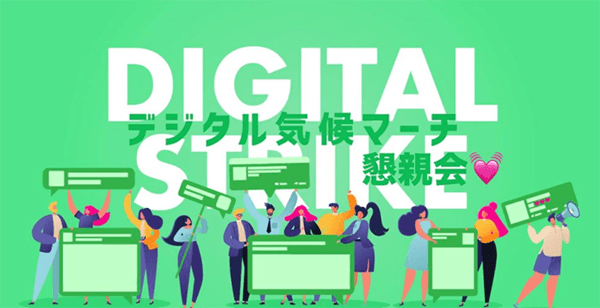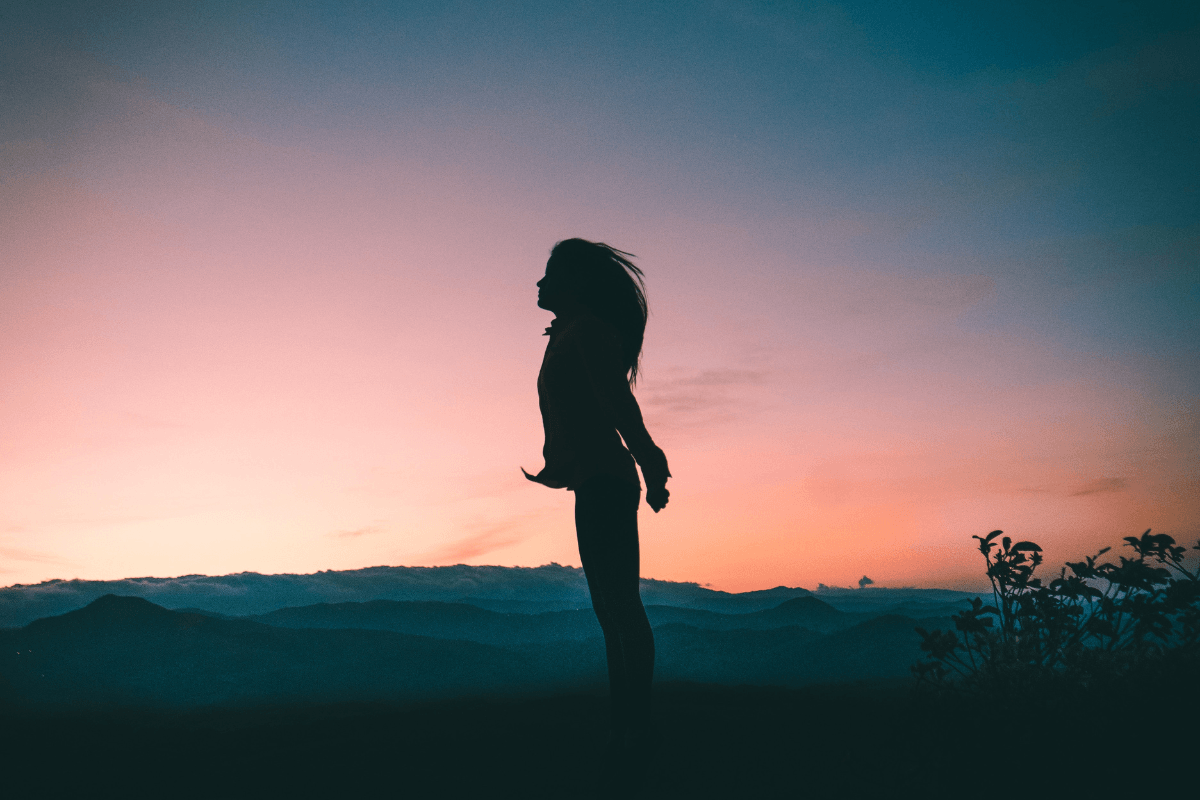On the first day of the lockdown we found a handwritten card in our mailbox: “During these difficult times we would like to offer some help or even a chat.” It was from a schoolkid in our street. And the offers kept coming for days, from the local churches, the street associations, the local borough council, other neighbours…
The overflow of support for the vulnerable in the community became mainstream within days: from 99-year-old war veteran Captain Tom Moore (a vulnerable person himself), who raised more than £30 million for the National Health Service (NHS) by walking 100 lengths of his garden, to hundreds of thousands of volunteers enlisting for charities, local councils, and health service programs, offering their time and skills to support those in need.
Creativity and compassion function well together when responding and adapting to a sudden and overwhelming change in the status quo. It’s highly likely that you’ve already activated your community muscles and serve the less fortunate.
To help do so, we’ve put together a list of volunteering opportunities for those who can afford to be of service in their spare time. Our suggestions focus mainly on charities, their initiatives, and the grassroots networks of helpers born out of the COVID-19 health crisis.
Essential NHS and local groups
Local support groups: These can be run by charities, local communities, local councils, churches – you name it. The Covid-19 Mutual Aid platform was set up to help navigation of these many ‘good neighbour’ initiatives, while social media platforms have also been helpful in aggregating them. But don’t forget that not everyone has an internet connection; local newspapers are a great alternative way to advertise community initiatives.
In my borough, the local council had such an incredible response from the public that it had to pause its recruitment of new volunteers, but local councils’ waiting lists may still be accepting applicants. Given the current, much-needed focus on the local, neighbourhood-, street-, or apartment building-specific initiatives may already be familiar. If local support groups don’t exist, it’s not too late to start one – or just offer help to neighbours.

Volunteering for the NHS: In the UK, volunteer with the National Health Service by becoming an NHS Volunteer Responder. It isn’t necessary to be a health professional (though that is required too!): you can help drive patients, or provide food and moral support, etc. This program is “not intended to replace local groups helping their vulnerable neighbours but is an additional service provided by the NHS.” Recruitment to this scheme is temporarily paused in order to process the initial 750,000 applications, but keep an eye on their website for further information.
Helping charities that help others
By their nature, charities are willing to help out even when times are tough on them. Most charities will always accept financial donations from those able to give them. Volunteering time and skills, as before the pandemic, is also an option. Many charities and nonprofit organisations are going the extra mile to adapt and cope with new challenges, and find ways to accommodate relief programs that go beyond their remit – so hands-on help is still very much in demand.
Some activities might require a bike, a car, or a sturdy pair of legs; for others, an internet connection, a phone, or just inspired ideas. All require spare time.
Here are some examples; feel free to join the conversation by helping us grow our list of volunteering opportunities.
For cyclists
Though vans are everywhere during lockdown, bikes are in great demand too as they can deliver speedily, reliably, and without contravening physical distancing guidelines. They are a great help for restaurants and other food providers offering free meals to frontline workers, low-income families, and vulnerable or sick people who cannot afford food, or are unable to cook or shop for themselves.
Our colleagues at East London’s Bootstrap Charity tell us that those with a bike and some spare time can deliver meals to the vulnerable and self-isolating in the borough of Hackney. 👉 Check out Made in Hackney to find out more.

Sustrans (“the charity making it easier for people to walk and cycle”) has a team at the Stockton Hub which, in collaboration with the local authority and other local organisations, is using cargo bikes to distribute emergency food parcels to isolated and vulnerable people in the community. Though the Hub is currently closed due to the pandemic, it was decided to adapt its services in order to help, using its two cargo bikes and panniers. Those in the area can ask if they need more help, but anyone with a bike (especially a cargo bike) can reach out to local charities, or start a new scheme for local-area deliveries.
👉 Sustrans has also created an interactive map to help key workers find local bike offers and services.
For the tech-savvy
We shouldn’t overlook projects which are less directly connected to the pandemic, but equally important for a healthy near-future population focused on clean, local transport alternatives. If planning journeys on maps appeals, help the London National Park City initiative create a network of more than four thousand walking routes connecting British towns and cities – without even leaving the house!
👉 Find out more about upcoming training webinars by following the co-ordinator of these virtual working groups, Daniel Raven-Ellison.
Being tech-savvy isn’t necessary for being a citizen scientist: you just need to be curious about the world. If that’s the case, please join one of many interactive data-crunching projects.
For anyone with a phone connection
It isn’t necessary to be part of a group or charity to give someone who’s in isolation a call, but they can help if you are at a loss.
For independent artists, or those who want to help the artistic community
With theatres, museums, cultural centers, and concert halls closed, support favourites by buying their music and books, or by joining their Zooms and Instagram live-streams. Chipping in anything makes a difference.
👉 A friend with experience of writing grant applications is helping struggling fellow artists who need funding now more than ever; consider similar skills-sharing.
For artists looking for funding and networking, on- and off-screen
Some programmes for artists are still running, albeit in a different medium – such as Season for Change, a Julie’s Bicycle initiative dealing with climate issues in creative businesses. Their lively events will now be taking place online, reimagined as digital gatherings to “introduce the proposed commissions and leave attendees feeling excited and energised about the creative opportunities to come from Season for Change”. In this way, they will still be able to “connect commissioning partners and arts professionals in regions throughout the country; learn from peers about how to curate/programme work themed around climate action; discover how you could deliver and promote events or projects in a more sustainable and greener way.” Have a look!
Take a Part is an arts project for Plymouth communities which opened a Non-Digital Isolation Engagement Open Source Document that enables artists, communities, schools, educators, and others to consider the question, “How can we creatively connect with our audiences, our neighbours and new groups during a time of social isolation?” It’s a healthy attempt to show that there are still many ways to be creative without a screen. From a seven-day rainbow photo challenge, to seed packet sharing, blossom identification, and making a mobile soup kitchen, the beauty and usefulness of some of these ideas might be surprising. Join the conversation.
Have a look at this too 👉 COVID-19 Crisis Resources for Creatives: A Giant List of Helpful Links for Artists.
For climate activists
A new global crisis does not erase other ongoing ones, such as the climate crisis. With US elections later this year, many activists are using live-streams and webinars to ensure the issue of climate remains front and centre on the world stage. Those in the States active in the climate movement are probably aware of the environmental rollbacks the current administration is pursuing. In the midst of troubled times, have a look at these helpful tips, including actions and important work that can be done from home.

And don’t forget to join the climate strikes every Friday. This is about our neighbourhoods, but also about the bigger global family. Like it or not, our shared house is still on fire.
Remember
There are always opportunities to share some spare time for the greater good, and to build resilient neighbourhoods and communities. In the midst of uncertainty, suffering, and loss, these glimmers of hope, compassion, and camaraderie have been around from the start of the pandemic, and it doesn’t seem they’re going to fade away any time soon.
Most of the projects and initiatives mentioned above have no deadline, and can still be undertaken post-lockdown.
Make sure you abide by physical distancing guidelines, wear masks and gloves, and follow the rules for any specific task. 🤲
Important further reading: This Guardian article answers some important questions for those willing to volunteer in the UK.
❗ Please bear in mind that the lockdown has different rules from country to country. Our suggestions have been collated with the UK model in mind, but volunteering relief and support initiatives are similar worldwide. This is not an exhaustive list, and in such a fluid situation rules can easily change. Keep alert, keep safe. Please add your own initiatives and suggestions to the conversation. ❗
Volunteer or donate (London)
On 4 April 2020, Under One Sky collective started running an Emergency Food Action for the homeless still on the streets of London during the Covid-19 lockdown. The volunteers are serving an average 200 meals a day in 4 teams. Please support them if you can.
We Got Tickets setup the The Event That Never Happened where you can donate to your favourite venues, promoters, artists and arts organisations during this difficult time. These shows will never happen, but the sales will help small venues & promoters through this period.
Featured photo by Alex Jackman on Unsplash



Leave a Reply